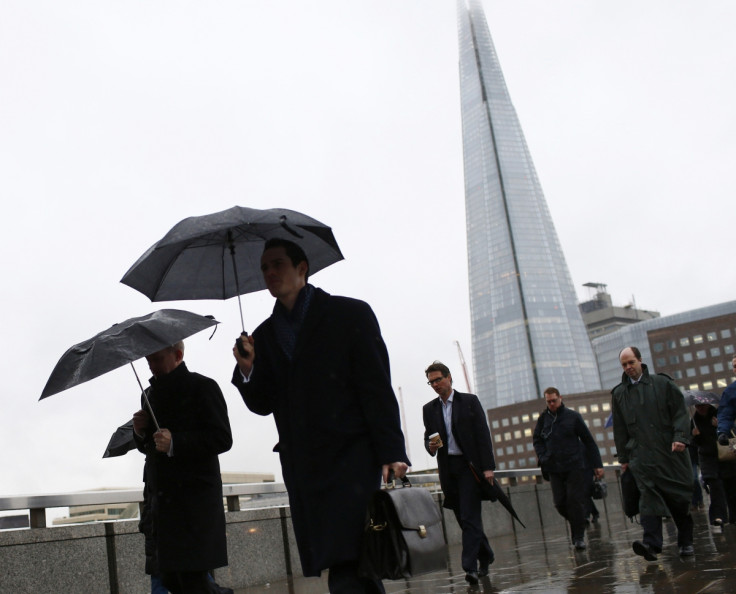Joblessness in the UK rises for first time in 7 months but employment rate is highest on record

The number of unemployed people in the UK rose in March for the first time in seven months, while employment rose at the slowest level since June, according to official figures released on Wednesday (20 April) by the Office for National Statistics (ONS).
The number of unemployed people climbed by 21,000 to 1.7 million in the quarter through February. However, the figure was 142,000 lower than a year earlier and left the unemployment rate unchanged at 5.1%, the lowest rate since early 2006.
The number of people working rose by 20,000, the slowest pace of growth since June 2015, to 31.41 million, meaning the number of people in employment is 360,000 higher than it was in the corresponding period last year.
The ONS added that wage growth excluding bonuses gained 2.2% in the quarter through February, unchanged from the previous quarter, while wage growth including bonuses fell to 1.8% in the three months through February compared with a 2.1% gain in the final quarter of 2015.
Meanwhile, the employment rate – the proportion of people aged from 16 to 64 who were in work – was 74.1%, the joint highest since comparable records began in 1971.
"It's too soon to be certain, but with unemployment up for the first time since mid-2015 – and employment seeing its slowest rise since that period – it's possible that recent improvements in the labour market may be easing off," said ONS statistician Nick Palmer.
Jobless benefits, a narrower measure of unemployment, unexpectedly rose 6,700 in March, compared with expectations for a decline of 10,000 and registering the first increase since August 2015.
"The wage growth numbers emphasise that there is very little inflationary pressure coming from the labour market," said Ben Brettell, senior economist at Hargreaves Lansdown.
"Indeed continued low price inflation could be depressing wage inflation as it leads workers to accept lower pay settlements – leading to a vicious cycle where both price and wage increases remain depressed.
"The Bank of England continues to view robust wage growth as a prerequisite for judging that higher interest rates are appropriate."
© Copyright IBTimes 2025. All rights reserved.






















